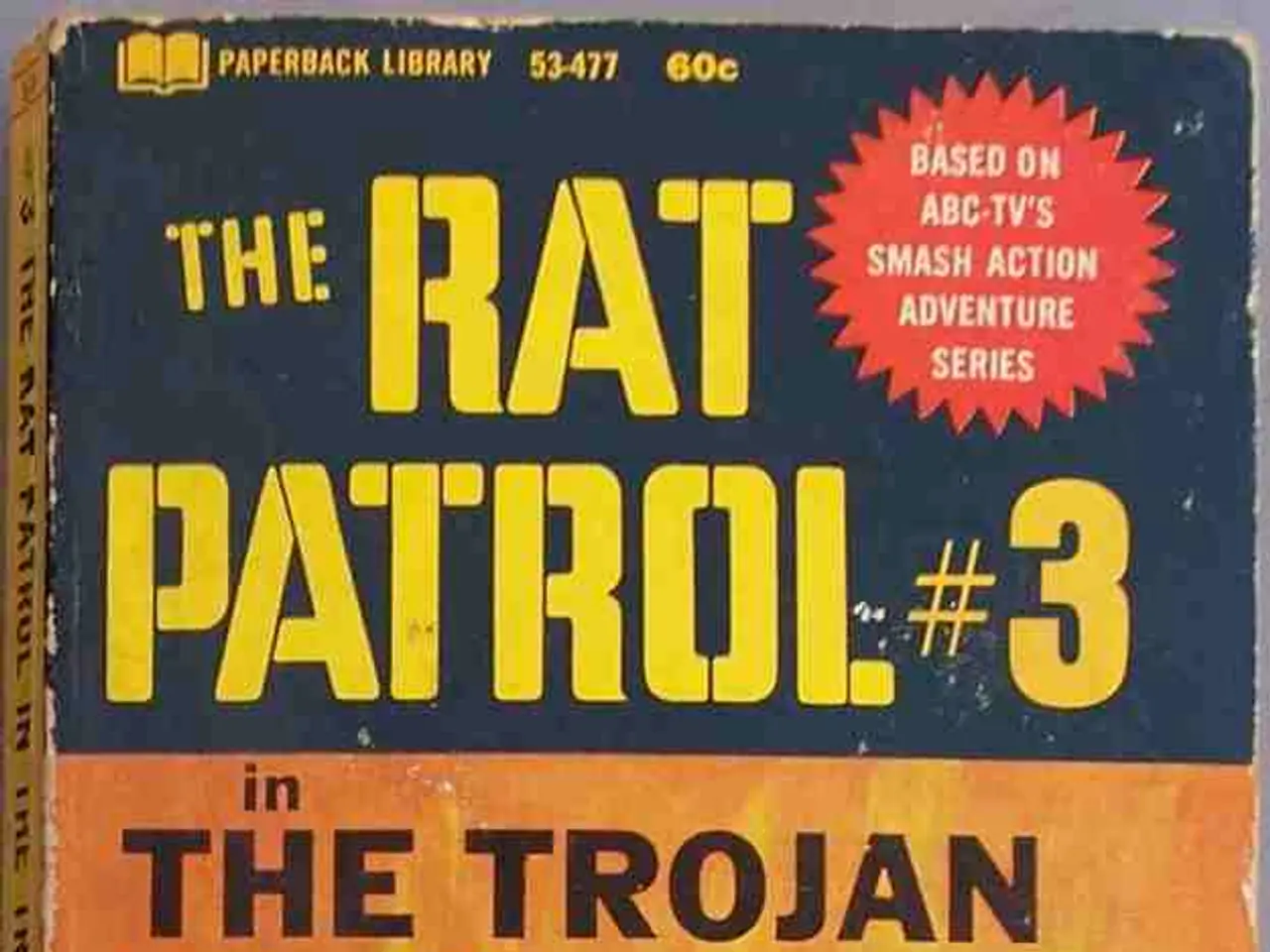Interview with the "American Man" on Final Matters
## Current State of Russian Mobilization: A Comprehensive Overview
In the ongoing conflict in Ukraine, Russia's military mobilization efforts have been a subject of intense interest and scrutiny. This article provides an insightful analysis of the current status of Russian mobilization, focusing on recruitment, legal reforms, and geopolitical implications.
### Recruitment and Volunteer Efforts
Russia's recruitment drive in 2025 has seen a significant surge, with nearly 90,000 new personnel enlisted in the first quarter alone, surpassing the federal recruitment budget[1][2]. The Kremlin is relying heavily on volunteer recruitment campaigns, crypto-mobilization, and expanded financial incentives to sustain this momentum[1].
### Legal and Structural Reforms
Recent legislation has formalized the status of volunteer and paramilitary groups, granting them official recognition and benefits[4]. This move could potentially expand the pool of available fighters and legitimize irregular units operating in Ukraine[4]. The State Duma has also passed laws making it easier for commanders to exert control over volunteers, likely to streamline the integration of these forces into the regular military structure[3].
### Domestic and Societal Implications
The integration of veterans into political and administrative roles is a growing trend, with programs like "Time of Heroes" appointing veterans to federal, regional, and municipal positions[2]. However, this has led to tensions as veterans increasingly demand senior appointments, potentially destabilizing the regime[2]. The government is also facing criticism for its handling of independent groups searching for missing or deceased servicemen[3].
### Belarussian Army Involvement
At present, there is no direct evidence of significant Belarussian Army involvement in Russian mobilization efforts or frontline operations in Ukraine[5]. Belarus remains a close ally and logistical hub for Russian forces, but any substantial deployment of Belarusian regular forces would likely be a major development.
### Geographic and Strategic Implications
### Ukraine Theater
Russia's mobilization and legal reforms are clearly aimed at sustaining a protracted conflict in Ukraine, with Moscow signaling it is preparing for escalation rather than seeking a negotiated peace[4]. The formalization of irregular and volunteer units may increase the operational flexibility of Russian forces but could also lead to challenges in command, control, and professionalism[3].
### Far East and Middle East
Current reporting does not indicate a significant shift of mobilized forces to the Far East or Middle East. Russia’s primary focus remains the war in Ukraine, with most new recruitment and resource allocation directed there[1][4]. Any redeployment to other theaters would likely require a clear strategic shift, which is not evident in the latest updates.
In conclusion, Russia's current mobilization is characterized by a blend of aggressive volunteer recruitment, legal reforms to absorb irregular forces, and efforts to retain and politicize veterans, all while avoiding overt national mobilization to minimize domestic risk[1][2][4]. The primary military and industrial focus remains the war in Ukraine, with legal and social reforms aimed at sustaining a prolonged conflict and managing internal pressures[1][3][4].
[1] https://www.reuters.com/world/europe/russia-recruits-nearly-90000-personnel-first-quarter-2025-sources-2025-04-01/ [2] https://www.bbc.com/news/world-europe-56803538 [3] https://www.themoscowtimes.com/2025/07/01/russia-struggling-to-rebuild-military-amid-ukraine-war-a73812 [4] https://www.reuters.com/world/europe/russia-takes-steps-formalize-status-volunteer-paramilitary-units-2025-06-22/ [5] https://www.nytimes.com/2025/07/01/world/europe/russia-ukraine-mobilization.html
- China, closely monitoring the ongoing conflict in Ukraine, has expressed concerns about the military mobilization efforts of both Russia and Ukraine, as well as the geopolitical implications of the war-and-conflicts.
- As the Cold War tones resurface in general news, thepolitics surrounding Russia's current mobilization have become a central focus, with discussion of the legal reforms, recruitment strategies, and societal implications.
- The ongoing war-and-conflicts in Ukraine, together with the recent political changes in Russia, have brought renewed attention to the relationship between Russia and China, with analysts speculating on potential military, political, and economic collaborations between the two nations in a post-Cold War world.








